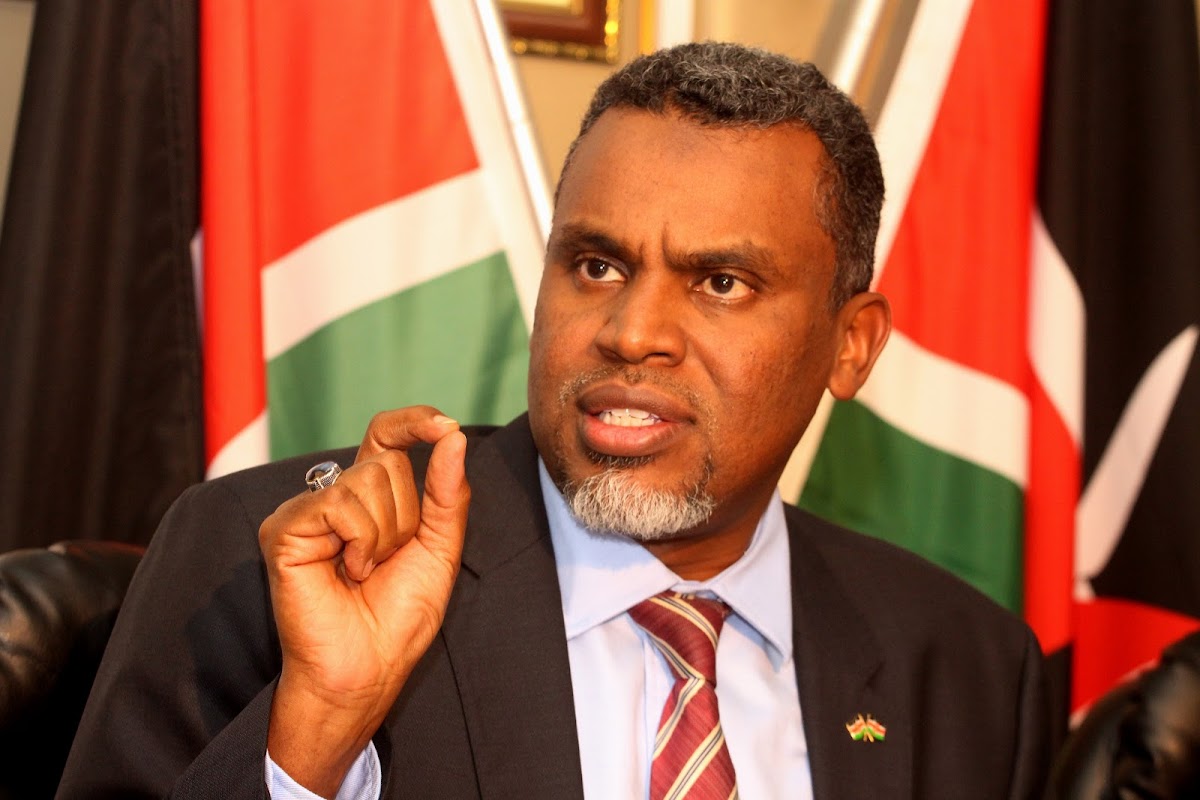National Intelligence Service (NIS) Director General Noordin Haji has raised concerns over Kenya’s inability to secure its borders due to outdated and insufficient security equipment.
Speaking before the parliamentary Defence, Intelligence, and Foreign Relations Committee, Haji emphasized that chronic underfunding has left the country’s security forces ill-equipped to handle external threats.
According to Haji, Kenya faces persistent security risks from neighboring countries, which significantly impact border communities. He cited instances such as armed incursions by the Karamojong and other groups from Uganda, who frequently engage in cattle rustling and land encroachments. Additionally, the proliferation of small arms in South Sudan and incursions by Ethiopia’s Oromo Liberation Army have further destabilized Kenya’s borders.
Haji warned that the security sector is severely handicapped, with the army having not received essential equipment for over a decade. He stressed the urgent need for Kenya to reevaluate its commitment to national security and properly fund the defense sector to protect citizens and territorial integrity.
Originally, the NIS requested a Ksh.65 billion budget allocation, but the figure was reduced to Ksh.51 billion—an amount Haji believes is insufficient to meet the country's current security demands.
Did you read this?
Echoing similar sentiments, Defence Principal Secretary Patrick Mariru highlighted that continued underfunding has hindered the Kenya Defence Forces (KDF) from carrying out crucial operations. Notably, due to budget constraints, the KDF has been unable to recruit new personnel for the past two financial years.
Mariru urged Parliament to support a recruitment drive this year, stating that the exercise requires Ksh.2 billion. He added that each new recruit requires approximately Ksh.2 million for nine months of intensive training, underscoring the financial burden facing the Ministry of Defence.









